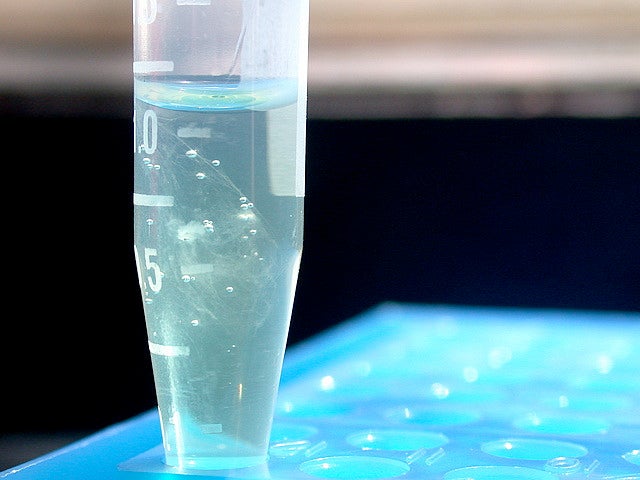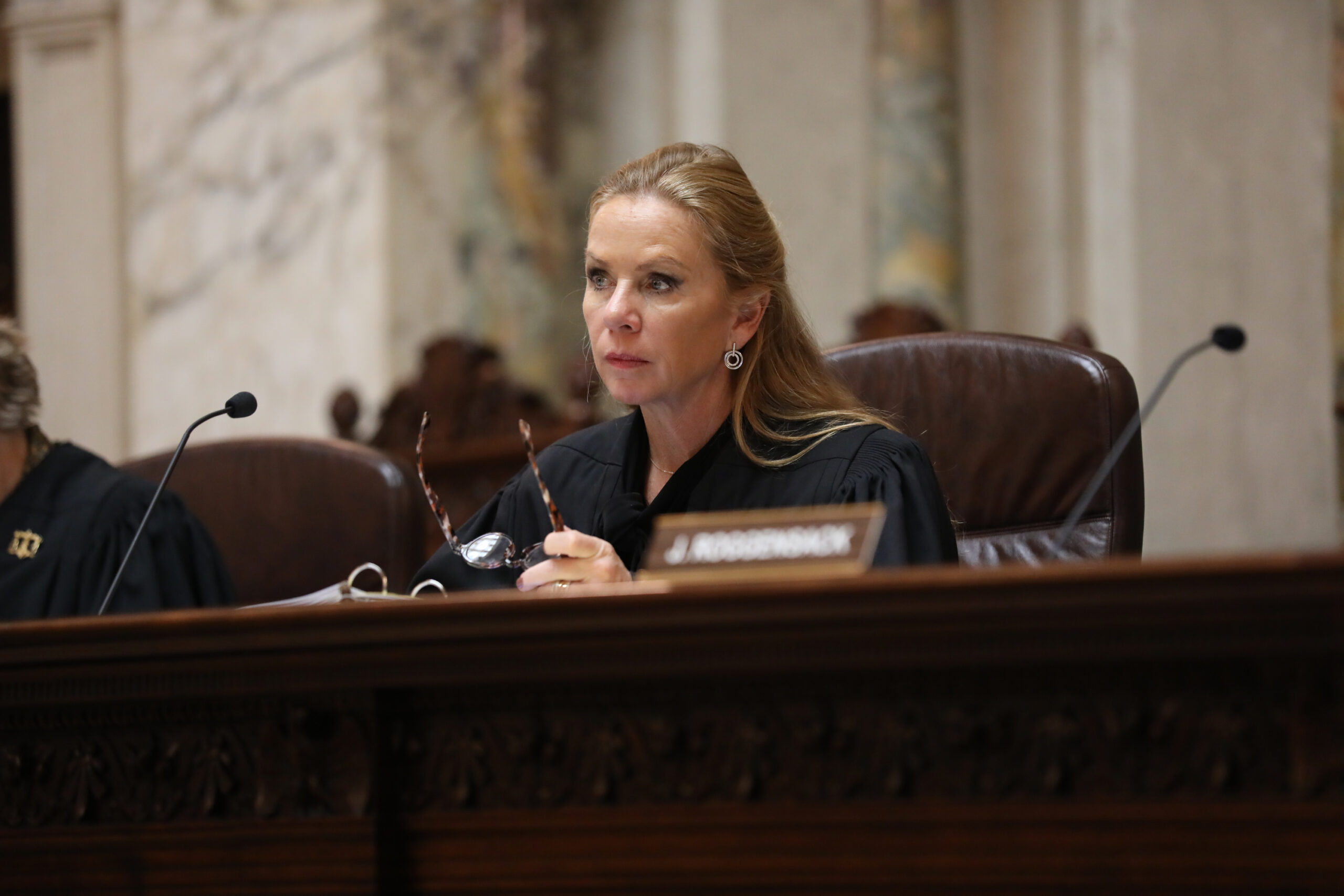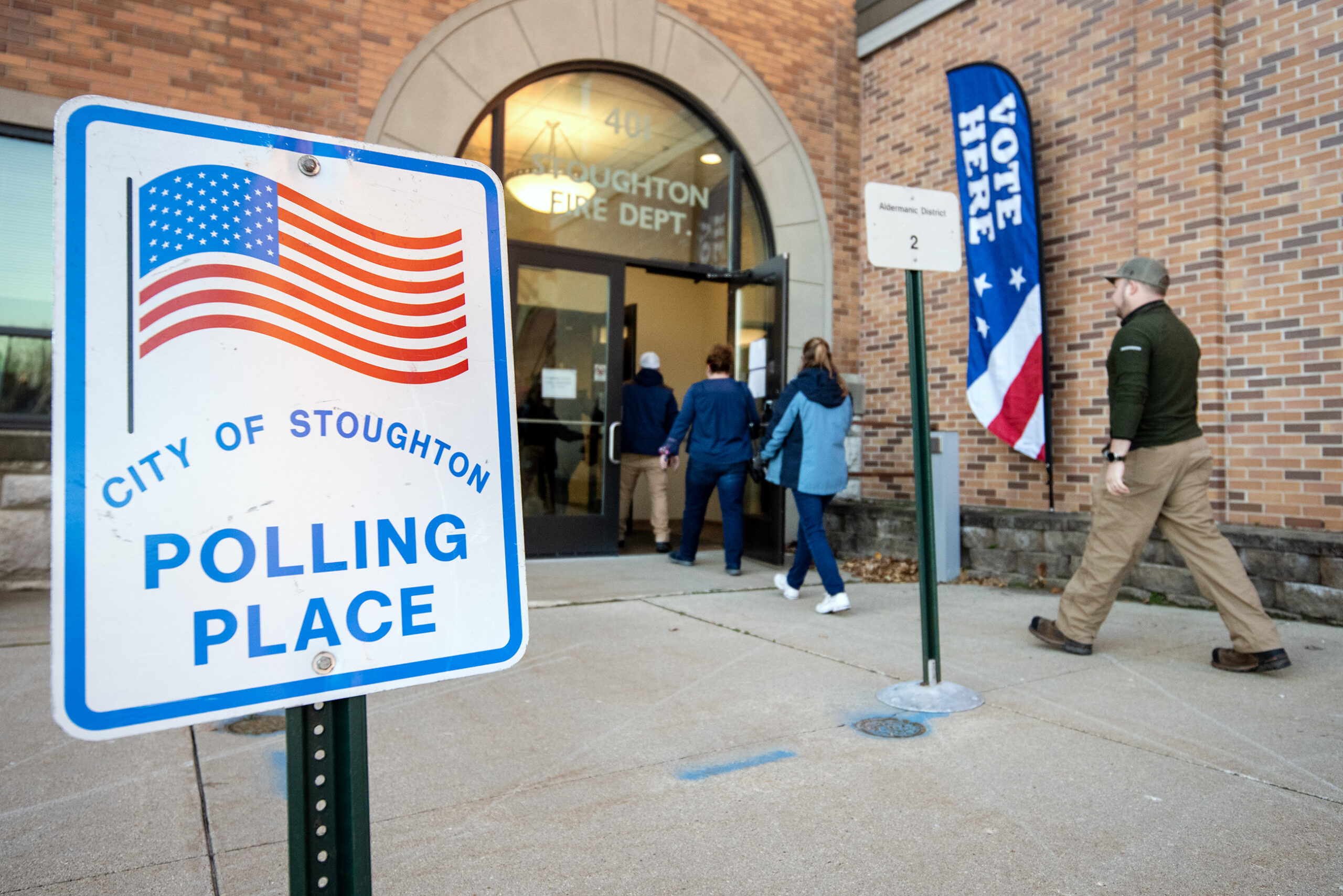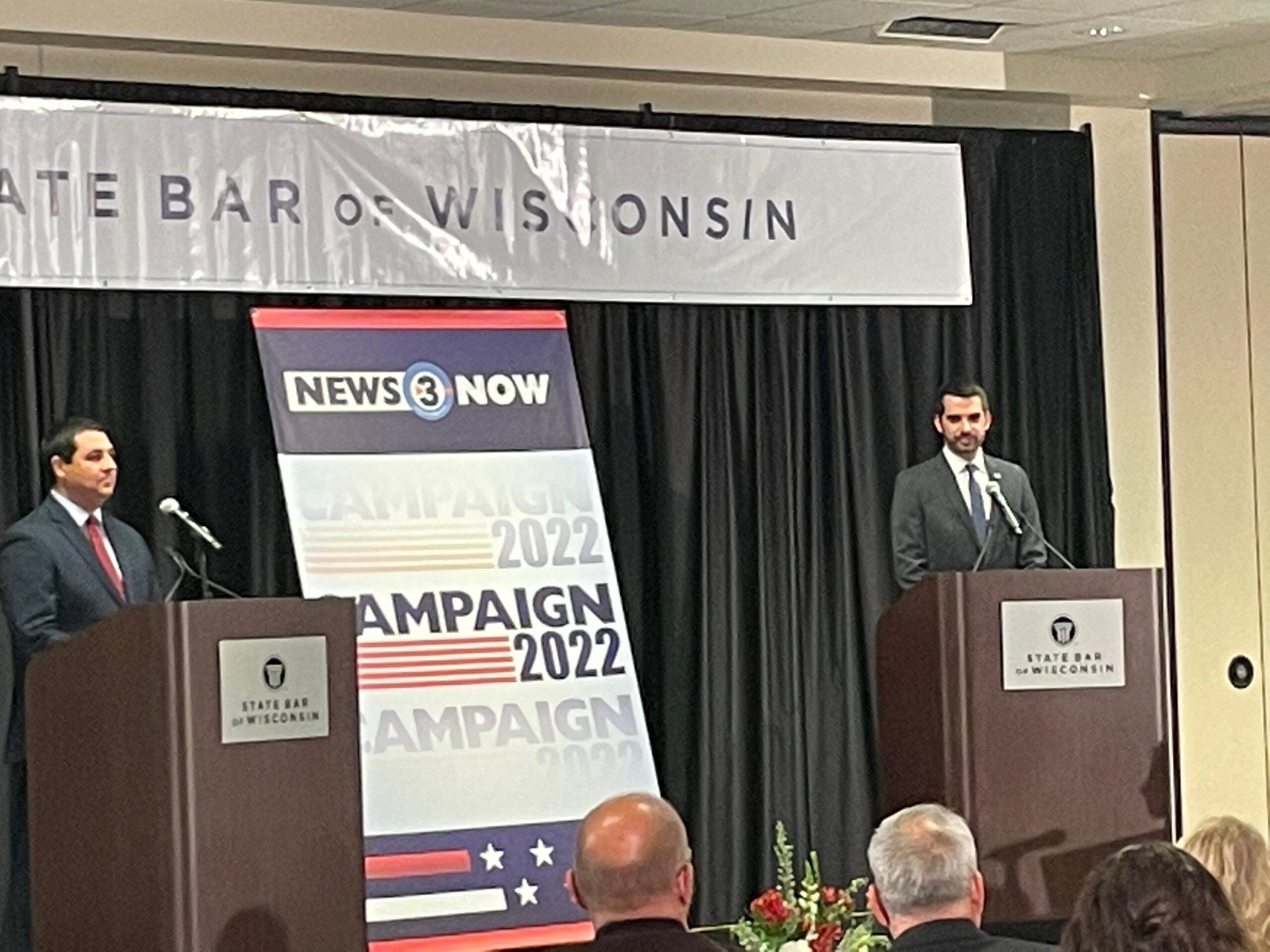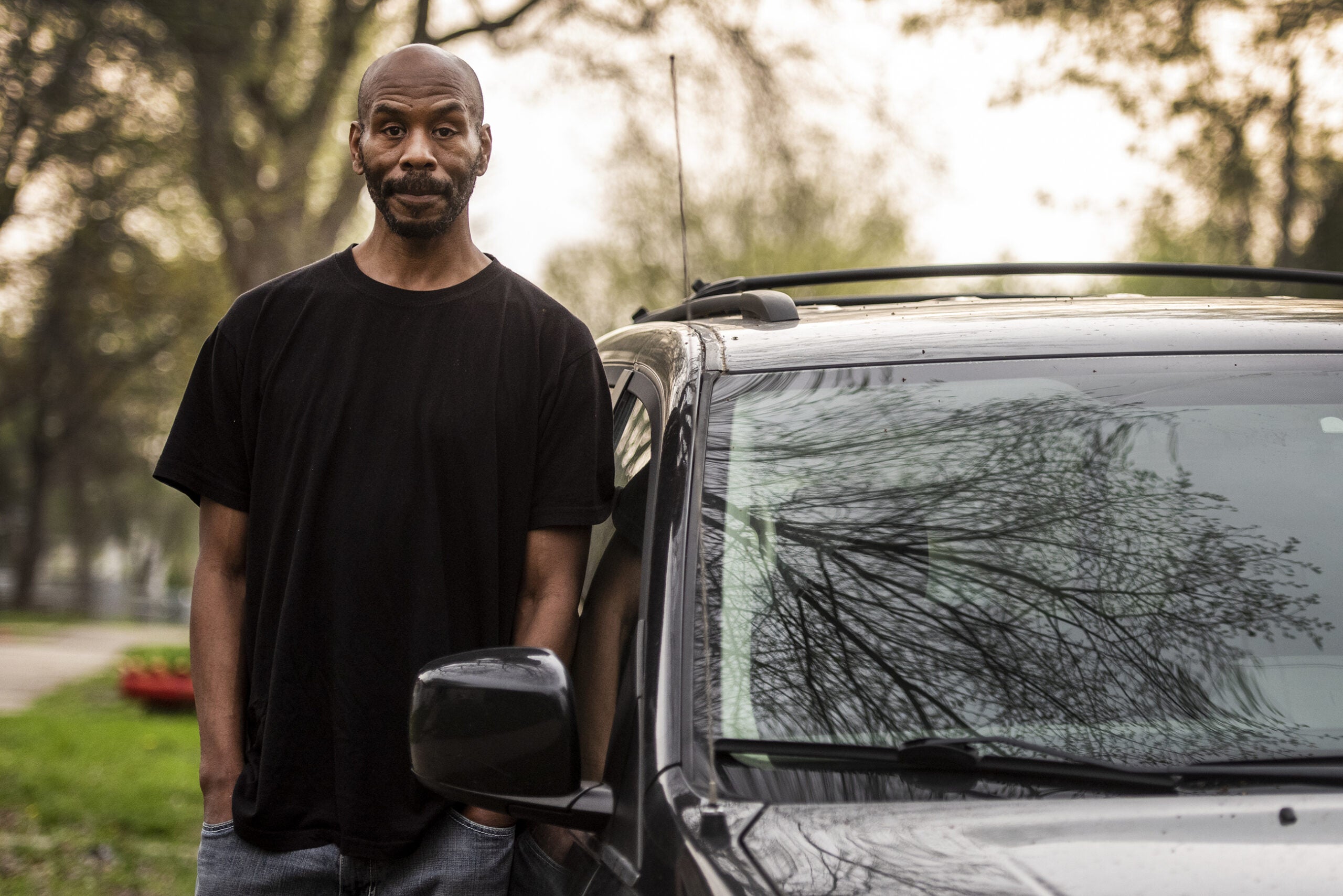The legislature’s budget committee is scheduled to vote today a plan that would let police collect DNA samples from people when they’re arrested.
Currently, DNA sampling happens after someone is convicted. The debate in the Joint Finance Committee comes as the U.S. Supreme Court is weighing whether similar laws in other states are unconstitutional.
The case before the Supreme Court was brought by a man in Maryland where state law allows police to take DNA samples without a warrant. During oral arguments in February, Maryland’s deputy attorney general told justices how effective Maryland’s law had been. She was abruptly cut off by Justice Antonin Scalia.
Stay informed on the latest news
Sign up for WPR’s email newsletter.
“Well that’s really good, I’ll bet if you conducted a lot of unreasonable searches and seizures, you’d get more convictions, too. That proves absolutely nothing.”
Twenty-eight states have laws that allow for the collection of DNA at the time of arrest. At issue before the Supreme Court is whether gathering that DNA before a conviction violates the Constitution’s Fourth Amendment, which safeguards against unreasonable searches and seizures.
Others on the court struck a different tone than Justice Scalia. Said Justice Samuel Alito:
“Why isn’t this the fingerprinting of the 21st Century? If it is permissible – and it’s been assumed to be so for decades that it is permissible – to fingerprint anybody who’s booked, why is it not permissible to take a DNA sample from anybody who’s arrested?”
Lawyers challenging Maryland’s law replied that a person has more of an expectation of privacy when it comes to their own DNA, which carries a lot more information than a fingerprint.
Wisconsin appears poised to move ahead without waiting for the outcome of this case. Governor Scott Walker’s budget would create 26 new full time jobs to collect and analyze DNA at a cost of $6 million.
Wisconsin Public Radio, © Copyright 2024, Board of Regents of the University of Wisconsin System and Wisconsin Educational Communications Board.

